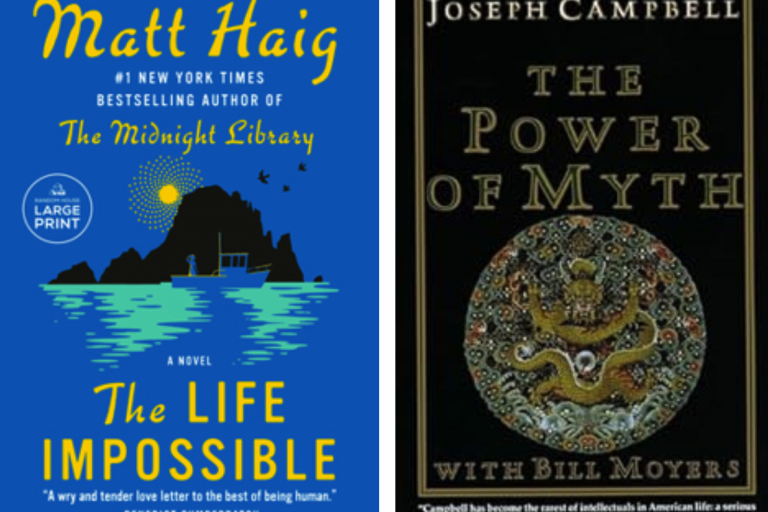People seem more committed to taking a side than in being in real conversation and connection with others. Coincidentally, at least three friends who recently commented that this is how they move through the world also shared that they are having a hard time finding a partner and being in relationship. I wonder if they see a correlation between having to see everyone as divided and being on different teams with the inability to form partnership with someone who could bring great joy and love and laughter to their lives but who is ultimately different and distinct from them? I wonder if their commitment to seeing conflict everywhere (or bracing for impending conflict) will always eclipse a commitment to a relationship?
One of the things I love about being in partnership is the way I get to view the world through different eyes. I feel this has contributed to my ability to grow my compassion. In my partnerships this is reflected back to me in their understanding of me and getting to see the world through my eyes. I love that each person was so different from me and yet we shared space and common interests resulting in an expanded view of the world.
The lovers I’ve had have come from very different backgrounds–socioeconomic and racial. The majority also had parents who were not originally from America. What I find most fascinating about them is their difference from me. Yet, some consistent traits emerge in retrospect: curiosity about the world, commitment to personal growth, and physical activeness come to mind.
A business coach once told me I have many characteristics of a third culture kid (TCK), which confused her when I told her my parents are both American-born Black folks from Texas and Georgia. My dad grew up in a rural town in central Georgia but spent a lot of time between Detroit and New Jersey visiting relatives and dreaming of the day he could leave the farm. After college, he taught in St. Thomas for a while, did his mandatory two year military service, then put down roots in the Bay Area. My mom grew up as the youngest daughter of a Baptist preacher and high school principal in a small town in East Texas. The early death of her father meant her older siblings educated her and expanded her world through domestic and international travel. After college, she headed to New York City before moving across the country to join a couple of her siblings in the Bay Area.
My parents met in California and raised my brother and me there for 10 years. We had an idyllic foundation with exposure to many different environments: multicultural neighbors (Chinese, Italian, Caucasian, Brazilian, Mormon, etc.), ocean excursions, horse camp, lots of travel. Overall very stable and fulfilling. When I was 10, my mom decided to move to Texas. That’s where things got interesting. Shuttling back and forth between Texas culture and California culture created, even today, culture shock.
Third culture kids tend to be cultural nomads: tolerant of difference, highly adaptable, curious about others. I see the world through many perspectives and genuinely feel that each of those perspectives has merit. Straddling the cultural norms and economic politics of California and Texas meant I could opt out of joining any groups with religious, economic, or social value. In a sense, I was exposed to everyone but allegiant to none. As a child (and adult), I spent a lot of time alone, in silence, listening to my own inner compass.
Due to my shuttling back and forth between Texas and California, two places very alien to each other, I learned to adapt. There is more than one way to look at the world, however, this does not negate my moral compass. In actuality, my compass doesn’t get clouded by allegiance to groups. Because of this, even if someone is part of what others would perceive to be “my group” I work to think as objectively as possible when I notice any hypocrisy.
This type of thinking is not popular. People want blind obedience in this day and age. Independent thinkers threaten the status quo. When I explain that my loyalty is to truth and to get to truth, consistency and logic often help. Trying to understand the emotions that lead people to act the way they do makes sense when my values include peace and harmony.
It doesn’t mean I have to accept and tolerate all behavior, but it does mean that in working to listen and understand I can keep from seeing people as foreign or enemies and start to see them as neighbors and friends all in this same boat called Life.



